SFAA and Coalition of Partners Encourage Lawmakers to Require Essential Surety Bonding Protections on All Federally-Financed Projects Receiving WIFIA Funds
Providing Protections for Workers, Small Business Subcontractors and Taxpayers
February 17, 2022 (WASHINGTON, DC) – The Surety & Fidelity Association of America (SFAA) in collaboration with 15 trade associations, sent a letter strongly encouraging members of the Senate Environment and Public Works Committee, led by Chairman Tom Carper (D-DE) and Ranking Member Shelly Moore Capito (R-WV), to require payment and performance protections on federally-financed infrastructure projects receiving Water Infrastructure Finance and Innovation Act (WIFIA) loans, including public-private projects (P3s).
“As the Environment and Public Works Committee looks at legislation in the second session of the 117th Congress to continue the important work of addressing our nation’s water infrastructure, we urge the Committee to amend the Water Infrastructure Finance and Innovation Act (WIFIA) program to help protect taxpayer funds, workers, subcontractors and suppliers, including Small and Disadvantaged Business Enterprise (DBE) Program participants and subcontractors, who build water infrastructure especially in at-risk low income communities,” said Lee Covington, president and CEO, SFAA.
Over 95% of all public projects require bonding under the Federal Miller Acts and state “Little Miller Acts” in every state. However, these bonding requirements are many times not clear on public-private partnerships (P3s) and P3s often do not maintain the same level of protection that have been required on all other public infrastructure projects. This loophole leaves workers, subcontractors, small business and taxpayers exposed to unnecessary risks. Without these protections, in the event of a contractor default, the project is halted, and can be terminated, leaving subcontractors, including small, minority, and women owned construction subcontractors, and workers without pay. Additionally, states and taxpayers then are forced to absorb additional costs of rebidding and completing the project.
This same loophole was identified in the Transportation Infrastructure Finance and Innovation Act (TIFIA) program and in 2021, Congress voted to correct this problem in the bipartisan infrastructure bill, the Infrastructure Investment and Jobs Act (IIJA), by way of an amendment adopted in a unanimous Senate floor vote, 97 – 0. Additionally, language was included in the House transportation bill after the policy was adopted in a bipartisan en bloc amendment that passed by voice vote. The Coalition’s proposed solution mirrors the TIFIA correction and would maintain parity between the TIFIA program and WIFIA program.
“Construction is a risky business, and for over 80 years, the federal and state Miller Acts have protected against the risk of loss by requiring payment and performance bonds,” continued Covington. “SFAA looks forward to working with Congressional leaders, on a bipartisan basis, to ensure WIFIA-funded projects have appropriate payment and performance security protections by requiring a surety bond.”
The coalition of partners includes:
American Property and Casualty Association
American Subcontractor Association
Business Coalition for Fair Competition
Council of Insurance Agents and Brokers
Finishing Contractors Association International
International Union of Operating Engineers
Mechanical Contractors Association of America
National Association of Electrical Contractor
National Association of Minority Contractors
National Association of Mutual Insurance Companies
National Association of Surety Bond Producers
Sheet Metal and Air Conditioning Contractors’ National Association
The Association of Union Constructors
The Construction Employers of America
Women Construction Owners and Executives
###
The Surety & Fidelity Association of America (SFAA) is a nonprofit, nonpartisan trade association representing all segments of the surety and fidelity industry. Based in Washington, D.C., SFAA works to promote the value of surety and fidelity bonding by proactively advocating on behalf of its members and stakeholders. The association’s more than 450 member companies write 98 percent of surety and fidelity bonds in the U.S.
For more information visit www.surety.org.




